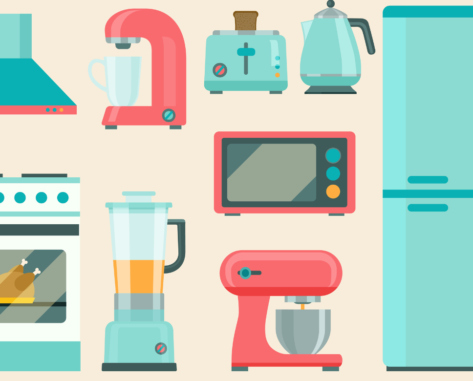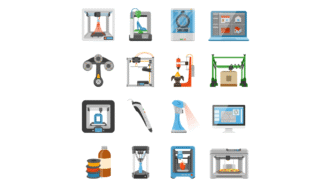LESSON OVERVIEW
The main objectives of this lesson are to:
- read an article and discuss the advantages and disadvantages of smart appliances;
- revise and practise vocabulary from the article (adjectives in collocations).
In this lesson, students discuss the pros and cons of smart appliances and review vocabulary, focusing on adjectives in collocations (e.g. obsolete feature, sophisticated technology, likely scenario, etc.). They also imagine making some typical home appliances smart.
This is a Critical Reading Club worksheet. With this format, students need to read an online article at home and do the exercises in the classroom. Learn more about how to use such worksheets and their benefits in our post.
ACTIVITIES
This lesson starts with a warm-up in which students think of a home appliance they want to buy. They come up with three main features it should have. After that, students look at the disadvantages of smart appliances mentioned in the article (lack of privacy, lack of control, and higher operating costs) and add details about each of them. Then, they read three short descriptions of smart items and think of potential problems or disadvantages they might have. Students also discuss whether the advantages would still make them want to buy those items despite their potential issues. After some reflection, students practise vocabulary by completing adjectives in collocations. Then, they complete the sentences with their ideas (e.g. Speaking of the future of smart devices, the likely scenario is…, etc.). Afterwards, students discuss questions about their perspectives on smart appliances. The lesson ends with an activity in which students work in pairs taking turns to create smart features for the appliances in the pictures. They ask questions to check whether they would like to buy the items. Students also have to use adjectives (e.g. built-in, likely, obsolete, etc.) in the conversation.
ARTICLE
Subscribe to unlock these and many other Standalone lesson lesson plans with the Unlimited planWORKSHEETS














I love these article-based lessons, great job guys!
Thanks, we’re happy you like them 🙂